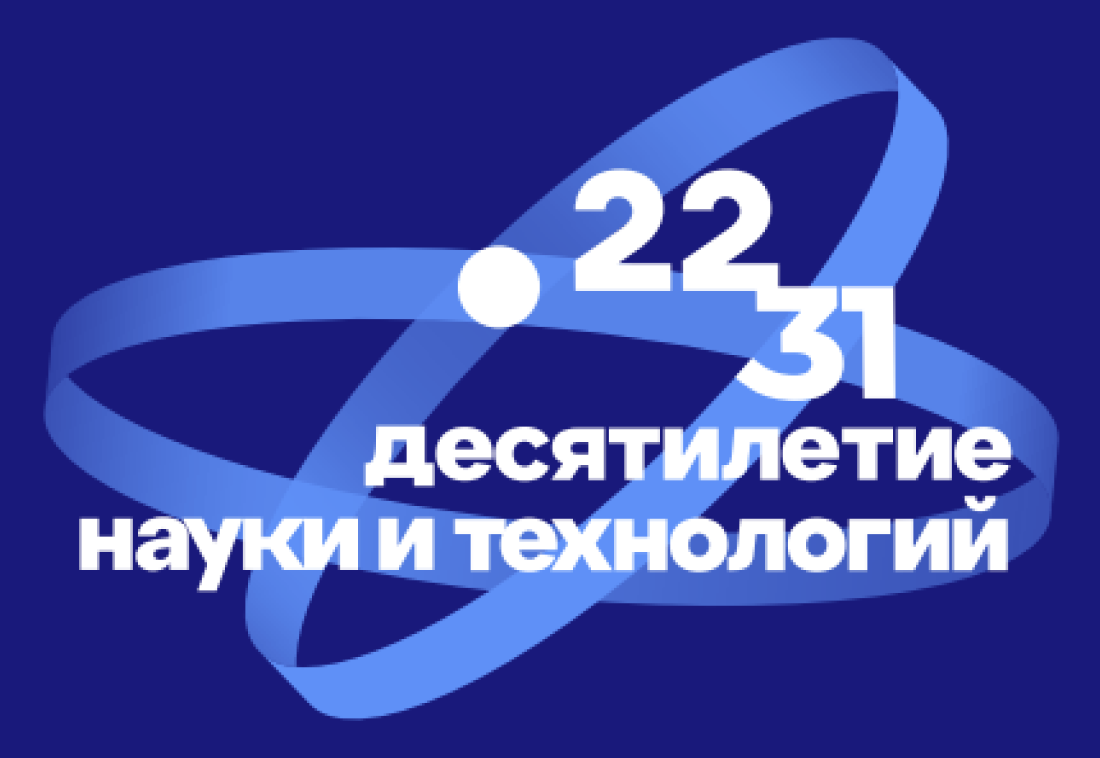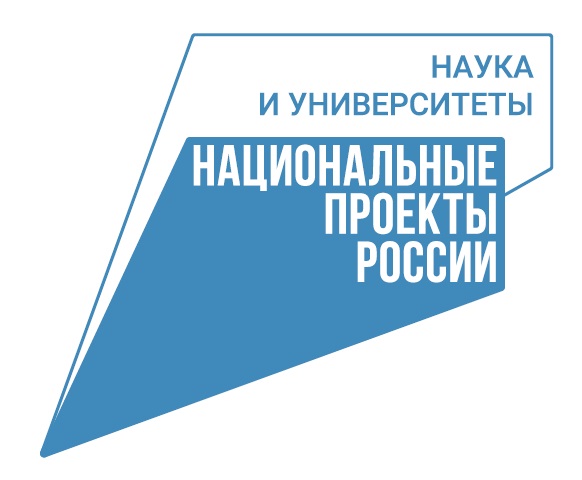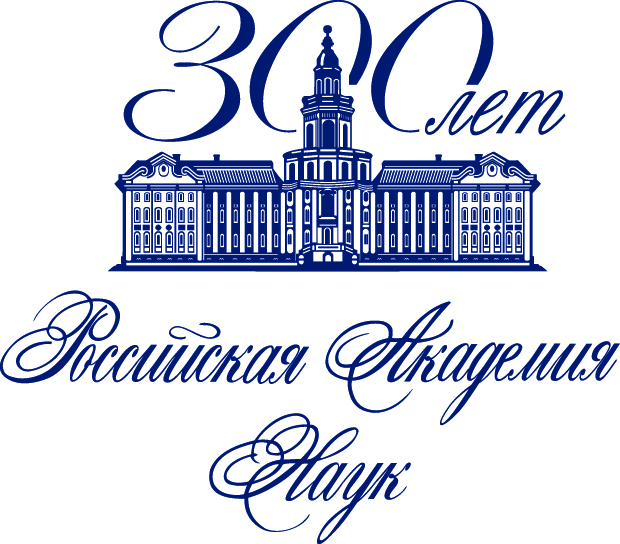|
Main Fields of Research Activities
The most important developments
1. Theories, institutions and practices of post-Fordism have been holistically comprehended as an increasingly significant social phenomenon in the contemporary world. Post-Fordist practices in contemporary conditions are described; the relevance of post-Fordism as an independent social concept sustainable in various social interactions is proved. The phenomenon of post-Fordism has been studied in different contexts: from the development of the global economic system to the transformation of urban spaces, and structures of everyday life. Particular attention is paid to the specifics of post-Fordist trends in contemporary Russia. The conclusion is made that post-Fordism as a concept is not focused on creating a fundamentally new social macro-theory of the level of world-system analysis (I. Wallerstein), or the historical binary paradigm of the natural state/open access society (D. North, et al.); rather, post-Fordism presents the analysis of changes that are knocked out of such paradigms being potential germs of new social, political, economic, and cultural phenomena. The results of the study are published in the collective monograph “Postfordism: Concepts, Institutions, Practices” (M. S. Ilchenko, V. S. Martyanov, eds.). Moscow: ROSSPEN, 2015.
2. An interdisciplinary model for the analysis of double standards as a concept of political discourse has been developed. The study is the first attempt of systematic scientific understanding and interpretation of a set of issues related to double standards. The concept of a “double standard” is defined as a combination of intellectual and other practices, which justify, and/or actually establish the nonequilibrium position of the elements of the political and legal system under their formal legal equality (E. Bulipopova. The Concept of “Double Standards” in Contemporary Political Discourse: Theoretical Analysis. Yekaterinburg: Ural Branch of the Russian Academy of Sciences, 2015).
3. The transformation of political ideology as a key socio-political regulator of contemporary societies, performing the functions of goal-setting, legitimization of the political order, and justification of public morality is investigated. It is shown that political ideologies are considered as a factor in achieving social harmony in the ongoing era of global Art Nouveau. The general transformation of ideologies due to the complexity of social reality and the corresponding changes in the behavior of individual and collective political entities is conceptualized. It is proved that while the modern political paradigm is relevant, ideologies as social regulators remain in demand. The ideological modernization in Russia is considered in close connection with the global processes of transformation of modern societies. The following conclusion is made: today, the success of ideological modernization implies following ethically justified ideas about the desirable present and future/ It is applied not only for individuals and social groups in Russia, and Russia as such, but also for humanity. Collective monograph on the results of the study was published: “Russia in Search for Ideologies: Transformation of the Value Regulators of Modern Societies”(V. S. Martyanov, L. G. Fishman, eds.). Moscow: Political Encyclopedia, 2016.
4. Identity models have been developed for the Arctic macro-region of Russia. The cultural-historical specificity and key factors of influence on the contemporary identity of the Arctic region are revealed. The proposal on the creation of an integrated identity model of the Arctic macro-region is substantiated. The process of urbanization of the Russian Arctic is investigated. It is proved that the effectiveness of models for constructing the identity of the Arctic region increasingly depends not only on economic factors, but also on factors of non-economic growth that contribute to the attraction and development of human capital in the Arctic towns. Based on the research results, a collective monograph was published: “Russian Arctic in Search for Integral Identity” (O. Podvintsev, ed.). Moscow: New Chronograph, 2016.
5. A comprehensive study of the state anti-corruption policy of the Russian Federation was carried out in the framework of the All-Russian Scientific Conferences "CURRENT ISSUES OF SCIENTIFIC SUPPORT FOR THE STATE ANTI-CORRUPTION POLICY IN THE RUSSIAN FEDERATION” (2014, 2015 and 2018). Theoretical and practical recommendations were developed and presented to improve the fight against corruption. Three collections of papers were published; all of them are indexed in the Web of Science.
|




